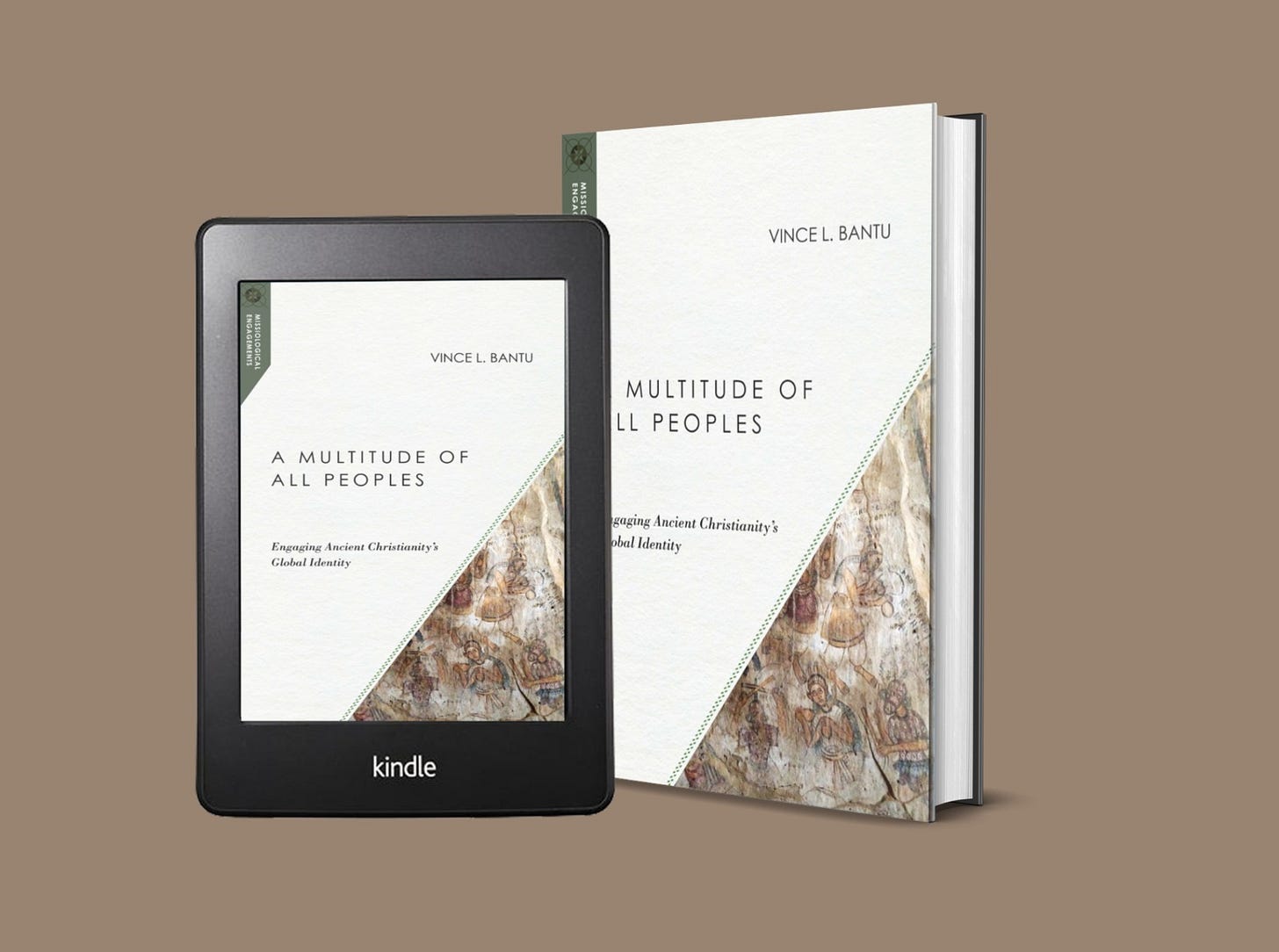Welcome to my newsletter, “Global Witness, Globally Reimagined.”
I dream here about mission in a postcolonial world. Every week, I share one thought that has spoken to me, two resources I trust will be helpful to you, and three quotes about mission.
I pray one of these will energise you this week.
1. Thought I Can’t Shake Off
I am again answering two questions that came from readers after last week’s thought. First was, “What is wrong with white saviourism if it gets the job done?” to which I say, “Everything.” Today, in the 21st century, it is not possible to theologically or, indeed, missiologically, justify mission as white saviourism. We know better. Its beginnings in European expansionism in the 15th century, and its rebranding as a “White Man’s Burden” to colonise, civilise, and Christianise the entire world in the 19th and 20th centuries lack any theological foundations. It only makes difficult the participation of non-white people in global witness. Its models and methods, and the theories upon which these are built, often reduce non-Western Christians to recipients of white mercy and knowledge (when they actually have a lot to bring to the table).
The second question was, “Are you calling for a moratorium?” No. I am not. But the fact that talking about “mission after white saviourism” can be interpreted as calling for a moratorium says a lot. What I am arguing for is a decentering of whiteness in mission to make possible a multiethnic, multicultural, and polycentric mission movement. The Body of Christ is too big and too diverse for mission to remain a White Church endeavour. Of course, this decentering will happen whether Westerners want it or not. What we need is an intentional inclusion of ‘Others’ in our mission organisations. If we are not intentional about ethnic diversity in our mission organisations and missiological conversations, (and I am not talking about having a token non-white person or voice), we will have segregated mission movements soon.
2. Resources I am Enjoying
Book: Vince L. Bantu, A Multitude of All Peoples: Engaging Ancient Christianity’s Global Identity. Downers Grove, IL: InterVarsity Press, 2020.
Vince Bantu’s A Multitude of All Peoples tells the story of Christianity in its ancient context, noting that it has always been a global religion. In its early days, Christianity spread in all directions from Jerusalem. North Africa was home to many Christian communities right from the start of Christianity. Egypt, Libya, Tunisia, Sudan, Ethiopia, and many other parts of North Africa were home to many earliest biblical manuscripts. Of course, this means that Christianity ought not to be thought of as a Eurocentric and oppressive religion. Bantu acknowledges that this perception is based on justifiable grounds, given that a great deal of the history of Christianity is written from a Western perspective.
A Multitude of All Peoples provides a historical account of the white capture of the Christian tradition while highlighting non-western expressions of Christianity, specifically in North Africa and the Nile Valley kingdoms of Egypt and Nubia, as well as in the Middle East and Syria. Bantu suggests two missiological tasks for the church; first, the decentering of the Western, white cultural hegemony in the Christian tradition and the elevation of non-Western expressions of Christianity. Inherent in these tasks is the rejection of the incomplete history that has been transmitted in the Western Christian context as well as the recognition of a post-colonial “bottom-up” view of the story of the religion. The idea is not an elevation of one culture but embracing the image of Christ among every tribe, tongue, and nation. Building on Andrew Walls’ theory of the Ephesian Moment, Bantu rightly argues that the social coming together of people of two cultures to worship today is richer with innumerable cultures of the world. There is a lot of promise in this mixing of the cultures. Bantu will help readers understand what God is up to in both the cultural diversity in the Body of Christ and the remixing of the nations happening through migration.
Video Resource: Diaspora and Mission: Probing Biblical Narratives to Reorient the Future of Mission – Daniel Rodas
There is always a very close connection between migration, diaspora, and mission. Daniel Carroll Rodas reflects here, in an insightful manner, some perspectives from biblical narratives on this important topic. He explores some challenges the diaspora communities must navigate, many times over multiple generations, before successful (partial) adaptation can happen. Rodas challenges the hosts (the West, in this case) to treat the strangers in ways that help them realise God’s mission wherever they find themselves located. He suggests that post-colonial approach to missions must not only be about going abroad but also include reaching out to the strangers around us. He further provides helpful tips to facilitate the often-overlooked missionary opportunity that produces “theology on the way” as one engages in missionary activities among diasporas.
3. Quotes I am Pondering
The colonial era, which established Western hegemony over much of the non-Western world, has come to an end, and with it the largely unsuccessful missionary attempt to replace the religions and cultures of the East with the Western cultural model. There are many variants of the model; some theological versions even stress the expansion of Christianity in the non-Western world without looking for anything much in Christian expression to change as a result. — Andrew F. Walls
Actions motivated by the outlook that indigenous peoples don’t have the necessary capacities or resources to sustain themselves or to adjust to today’s world tend to subvert God’s work of building up these peoples and cultures. — Keith Kingsley.
… we should be willing to ask whether local institutional markers can be properly used by local believers as forms of institutional practices that build and maintain Christian institutional identity. — A. Scott Moreau.
Thank you, I pray you have a missionally fruitful week.




